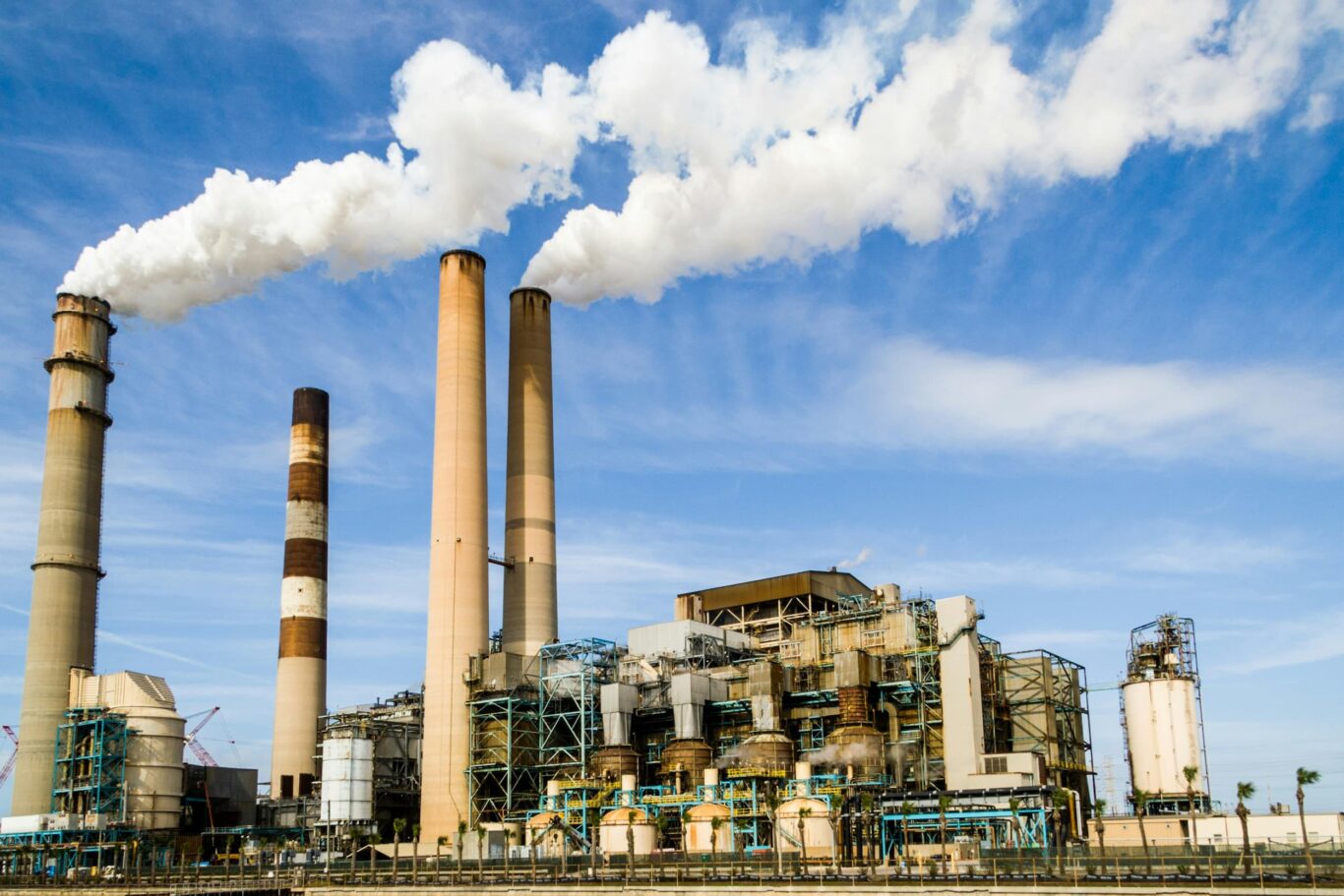Recycling in Industry
Repurposing Industrial By-Products for Growth
Nearly every industrial process, from manufacturing consumer goods to generating energy, produces different types of by-products, many of which are usable materials. Thousands of manufacturing and industrial processes and electric utility generators create hundreds of millions of tons of nonhazardous industrial materials that are often thrown away. These materials can often be used as substitutes for raw materials in the making of consumer products, roads, bridges, buildings, and other construction projects.

Reducing Waste and Creating New Opportunities
Nonhazardous industrial materials, such as coal ash, foundry sand, construction and demolition materials, slags, and gypsum, are valuable by-products of industrial processes. Each material may be recycled or reused in a variety of diverse applications. These materials can even improve the quality of a product! For example, the use of coal fly ash can enhance the strength and durability of concrete. Putting these commodities into productive use saves resources and energy, reduces greenhouse gas emissions, and contributes to a sustainable future.

Recycling Industrial Materials
- Preserves our natural resources by decreasing the demand for virgin materials
- Conserves energy and reduces greenhouse gas emissions through decreasing the demand for products made from energy intensive manufacturing processes
- Saves money by decreasing disposal cost and lowering prices for consumers
Examples of Practical Recycling Applications
- Concrete and asphalt crushed and used as an aggregate in pavements or as structural fill
- Coal fly ash, slag, and spent foundry sand recycled in concrete, road embankments, and flowable fill
- Coal ash used in the manufacture of cement and ceiling tiles
- Flue gas desulfurization gypsum, foundry sand, and pulp and paper byproducts used in manufactured soil and agricultural amendments
For more information on regional and state programs, the EPA website can be a helpful tool in getting started and recycling responsibly.

(Source)
